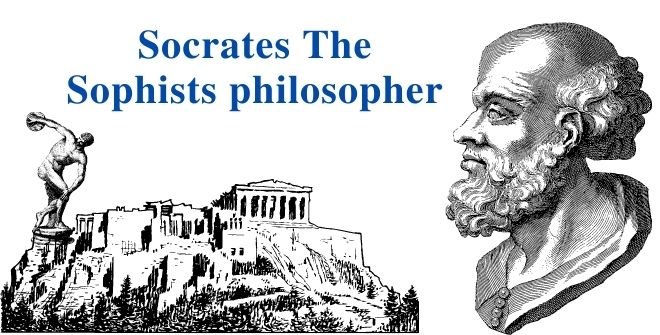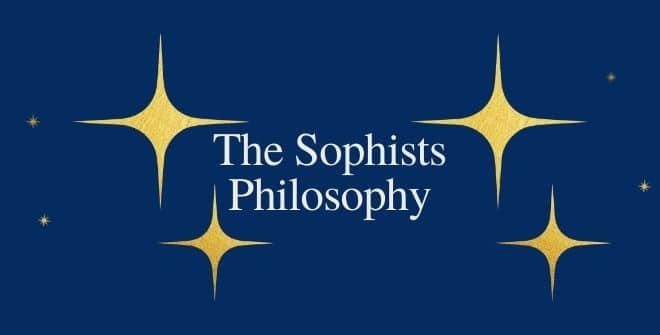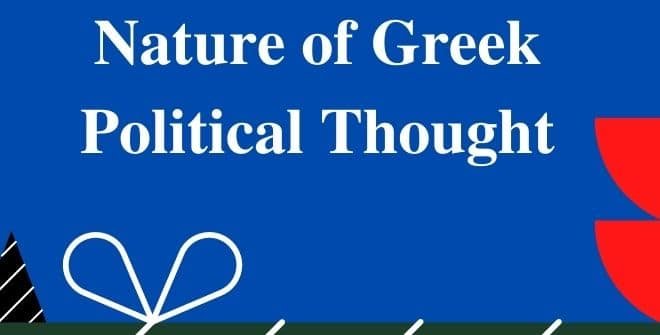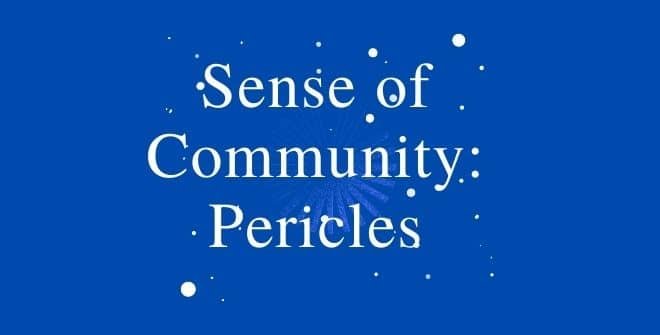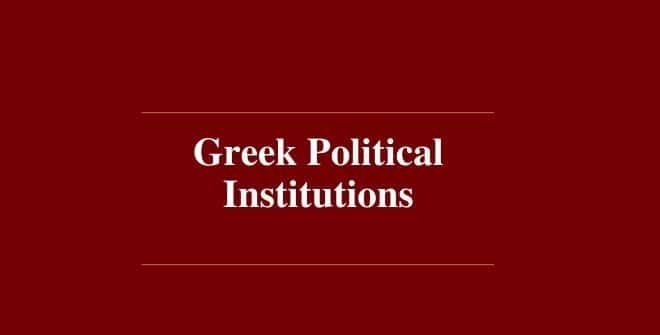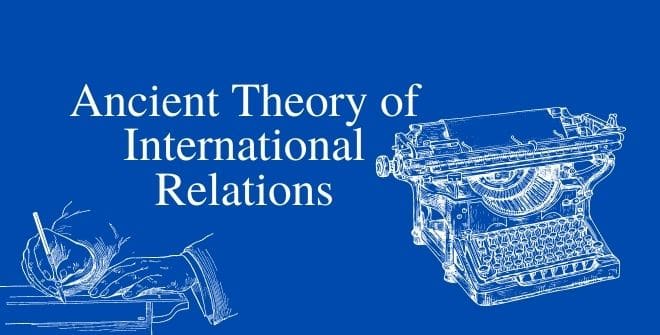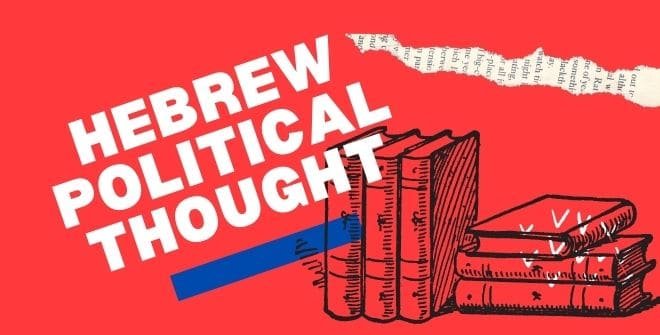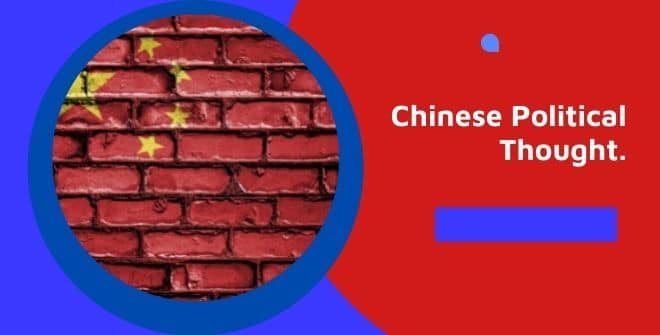Life of Plato: Biography, Philosophy, and Political Thought
Plato, one of the most influential philosophers of the Classical period in Ancient Greece, shaped the foundations of Western philosophy, politics, and education. As the founder of the Academy and the Platonist school of thought, Plato explored timeless questions about truth, justice, knowledge, and governance. His life, travels, dialogues, and political theories continue to influence … Read more


